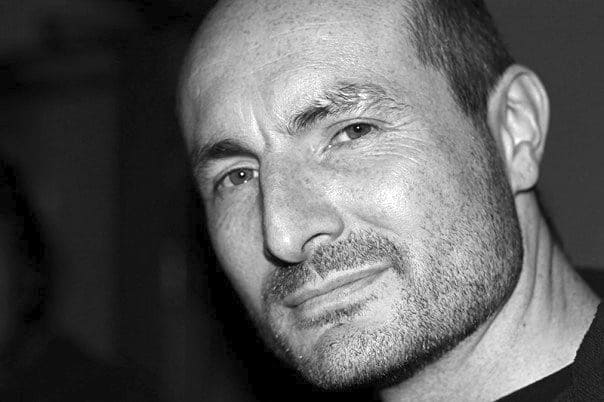A breeder of British Longhair cats and grower of Giant Redwood trees is joining the race to occupy the Cities of London & Westminster seat for the UK’s only Geoist movement, the Young People’s Party.
Benjamin Weenen, who also enjoys “going clubbing at venues playing over 150 beats per minute”, is standing as one of the party’s three candidates contesting seats in this election, and is out to make people see an alternative vision does exist.
The Londoner believes the group’s ethos of sharing the benefits of the Earth’s natural resources equally, combined with a new tax plan, offers a different path to rooting out inequality.
“We believe that as no one created the Earth, then we should pay compensation, as tax, to those we exclude from valuable natural resources,” he told City Matters.
“This not only reduces inequality but thereby takes a massive deadweight from around the neck of our economy while creating a true meritocracy.”
Geoism emerged in the late 1800s, founded by newspaper editor Henry George as a way of tackling the gap between wealth and poverty which shocked him on a trip to New York.
Nobel Peace Prize winners for economics, such as Milton Friedman and Joseph Stiglitz, were among those to endorse the philosophy’s plan to replace all taxes
with a single land value tax in efforts to create a fairer system. In Benjamin’s first time running for MP, he’s taking on the Geoist fundamentals and believes a simplified tax code could help the UK’s business prospects in a post-Brexit future.
“Free of the EU, the UK should take the opportunity to get radical,” he said.
“If the UK has a competitive, open economy, aided by a competitive, simplified tax code, then we will be the first port of call for any enterprise looking for a base from which to operate.”
Last week saw the biggest terror attack on British soil since the 7/7 bombings, with 22 people, including children, killed at Manchester Arena during an Ariana Grande concert. Benjamin’s stance on tackling the threat of terror takes a two-pronged approach.
In the short term, Mr Weenen advocates a boost in police resources and information, while addressing the problems behind the cause of terrorism in the long run.
He said: “They [terror strikes] are rooted in economic injustice, even if they appear in other guises.
“The Land Value Tax and Citizen’s Income doesn’t just make for a real meritocracy, but also a stakeholder society in its truest sense.
This is not a model just for the UK, but one for a peaceful and prosperous world. The UK can best help achieve this leading by example rather than by coercion.”
As for the NHS and affordable housing, Mr Weenen views re-adjusting economic fundamentals as the answer to all their problems, but he argues that for education and youth employment it’s more about diversity.
He said: “If we can get some real choice into our education system instead of the ‘must have a degree’ sausage factory, there will naturally be more demand for such work-related education.
“This demand would be in the self-interest of businesses to fulfil.”







